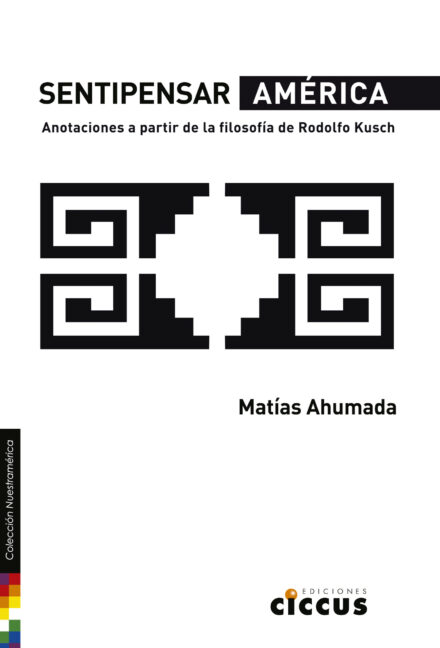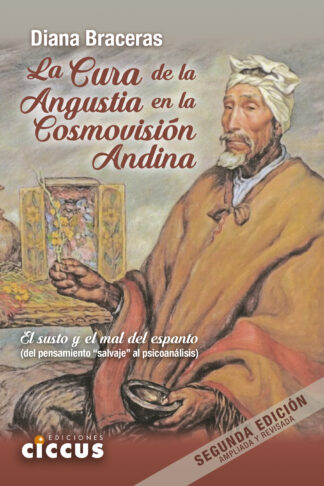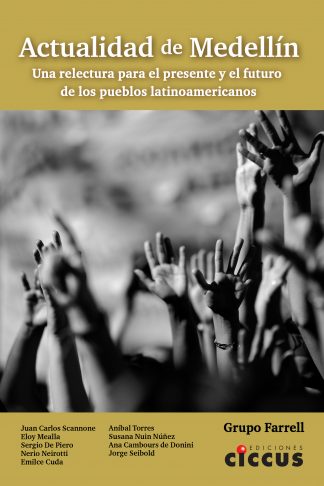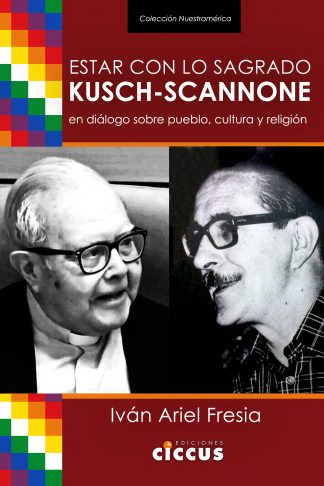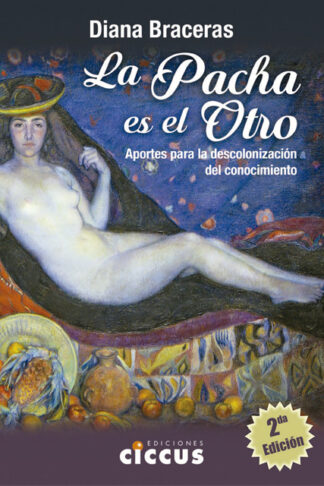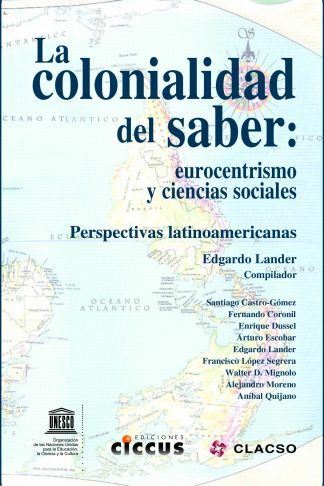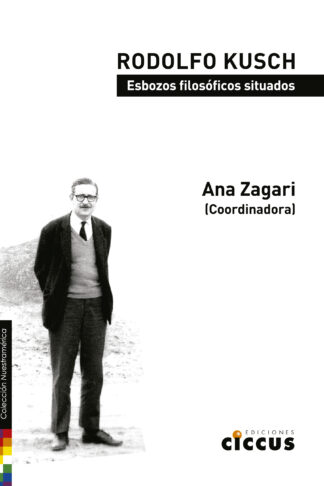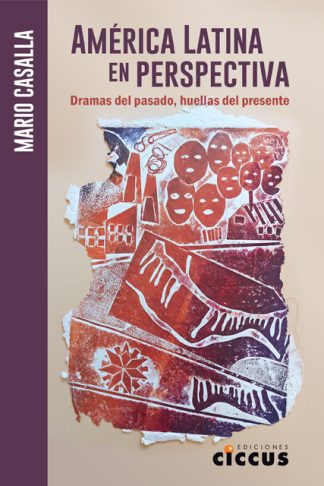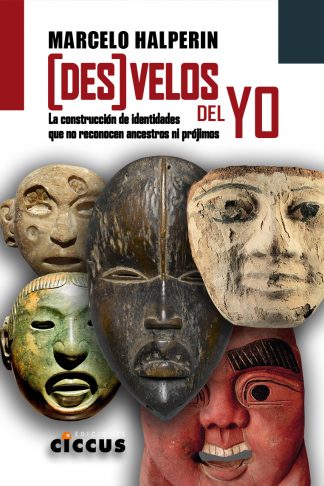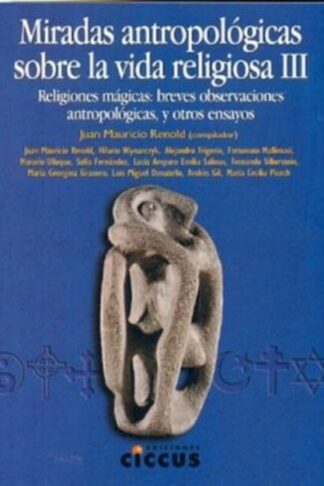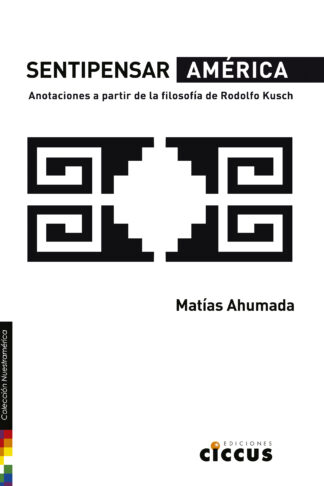Descripción
La intención del presente trabajo es sondear y relacionar, en algunas de las obras más representativas del filósofo argentino Günter Rodolfo Kusch, los conceptos que condensan los saberes indígenas y populares sobre el existente humano, su determinación geocultural y la experiencia de lo divino en las fuerzas del mundo, como signos de una sabiduría ontológica y teológica característica que en la actualidad se presenta como altamente relevante desde una perspectiva ético-política que resiste a los procesos de globalización.
En la perspectiva del autor abordado, el sujeto, en tanto comunidad geocultural, no vive desligado de sus determinaciones territoriales, y la presencia de lo absoluto se experimenta en la cotidianeidad del crecimiento de las plantas y los animales, en la amenaza del granizo o la enfermedad, y en la alegría de la cosecha, del ritual y del hogar, con lo cual lo divino es propiedad de la misma tierra que se habita, del mundo que se construye. Así, entender la relación entre el proyectar-se humano y la vivencia receptiva del devenir de las fuerzas naturales se torna central para comenzar a comprender la filosofía americana como una apuesta fundante y al mismo tiempo provisoria en el juego de los opuestos que configuran, en reciprocidad, la totalidad de lo dado.
El plan consiste entonces en tomar como punto de partida (y de llegada) la misma constitución existencial de la comunidad geocultural como un estar-siendo en el medio de las determinaciones que implican tanto las instancias del ser y del estar en sus diferentes matices conceptuales, como las de la trascendencia, expresadas en el concepto quechua de Huiñay, y la inmanencia, en la exploración del concepto-símbolo de Pacha. Se configura así una estructura mandálica y helicoidal que, partiendo de un centro vital y conceptual, explora la horizontalidad, el darse aquí de la vida en su juego de opuestos-complementarios, para luego prestar atención a los polos verticales de lo numinoso en tanto trascendente-inmanente. De esta forma, creemos, se logra entender y expresar mejor la ontología y teología kuscheana como una filosofía que busca hacer jugar lo más representativo del pensar indígena y popular americano para las necesidades actuales.

